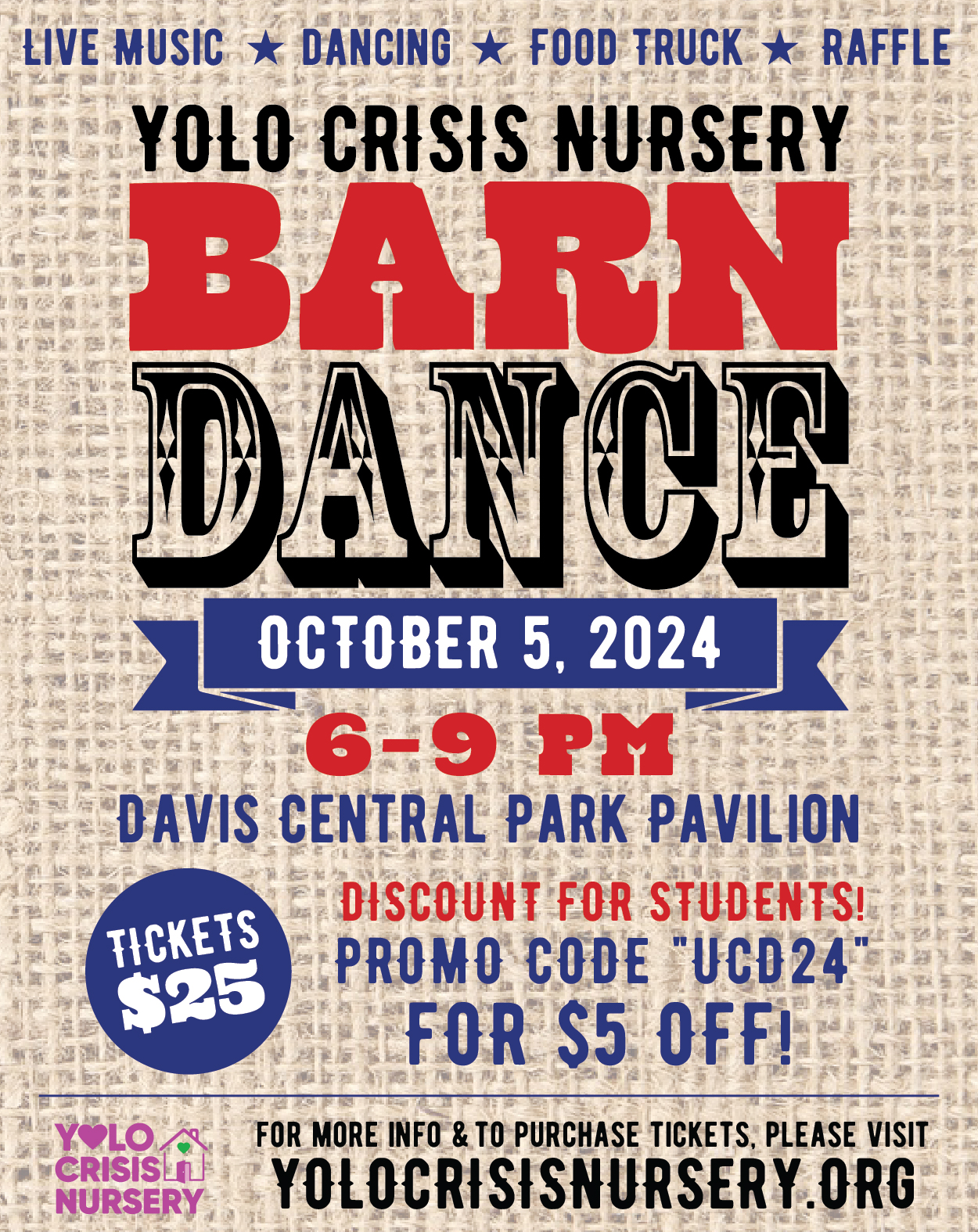While a number of Davis students were dancing the night away at Monday’s Snoop Dogg concert, something a little different was happening at the Mondavi Center for the Performing Arts. A group of dancers sat around in a large circle, each performer’s left foot being massaged by the person to their right. Their faces serenely calm, they launched into personal tidbits about how the performance piece had opened up their minds, given them a new community and changed how they see themselves and the world.
The performance piece in question is Body of Knowledge, an interactive work created by director Karl Frost. Frost has called the piece a “formal behavioral experiment,” in which performers and audience members alike will explore how political and environmental issues coincide and juxtapose with their own personal thoughts and emotions.
Body of Knowledge starts out with a more traditional performance premise, but, according to Frost, interaction with the audience quickly changes that.
“The performers begin scattered around the space in solo physical investigations and the audience walks around. It’s kind of like an art gallery and having conversations with each other about what they’re seeing. Then the performers start interacting with each other for investigations that are sometimes physical, sometimes verbal, sometimes about environmental and political issues.
“Later on the performers will start offering investigations to the audience, asking questions or physically interacting with them,” he said.
The audience’s presence and interaction is a major part of Body of Knowledge. Since the performance is so dependent on their specific interactions with performers, the piece is almost entirely improvised every night – never the same performance twice. Although performers have been asked to look more deeply into specific issues, Frost is allowing them to take both their solo explorations and their conversations with the audience in any direction they like.
“They’re live, real conversations we’re having so they change every night. We each have different environmental and political issues that draw our attention, and different histories of engagements in the performers, so there’s all these different routes to engaging with the world,” Frost said.
Performer Zap McConnelo agrees that the different conversations will largely shape the pieces as they happen, giving each night’s piece its own uniqueness and individuality.
“[The piece] is playing between the general and people’s personal experiences and issues about the environment. It’s hard to say exactly how it’s going to be presented because it’s so improvised, so it could show itself differently every single night,” she said.
For those who are interested in seeing the performance but are uncomfortable with the idea of interacting with strangers, fear not. According to Laura Holland, a sophomore dramatic art major and stage manager of the show, audience members are not required to interact in the piece.
“It really depends on what [the audience members] want to do – that’s the nice thing about it. It’s tailored to how they want to experience it and how they feel at the moment. If they feel like talking to somebody they can talk, if they feel like sitting in a corner they can do that too,” she said.
This, says Frost, is where the beauty of the performance lies, as the experience will be so different for everyone involved.
“The audience is going to make a lot of choices and see what the results of their choices are. There’s something totally valid about sitting back and watching from a distance. It’s just different from going and getting involved. Different audience members are going to have wildly different experiences form the piece, and because of that they will have entirely different journeys,” he said.
Although there is a lot of discussion about physical explorations and juxtaposing the physical with the emotional, McConnelo says the piece will still very much be grounded in reality.
“It’s about conversation – either the audience is witnessing our conversation with performers, or we are engaging them in conversation. It’s a very real performance, it’s not abstract. It’s like ‘what do you think about this, have you thought about this?'” she said.
Video projections of different environments will also be playing throughout the performance.
“We’re trying to put things on stage that provoke contemplation, conversation and possibly provoke changes in what people are doing in their lives. [It will be a] space for some interesting processing,” he said.
Body of Knowledge will be performed at the Vanderhoef Studio Theatre in the Mondavi Center from February 18 to 20 and February 24 to 27. Student ticket prices start at $12, and can be bought online or at the Mondavi box office.
ANNETA KONSTANTINIDES can be reached at arts@theaggie.org.


